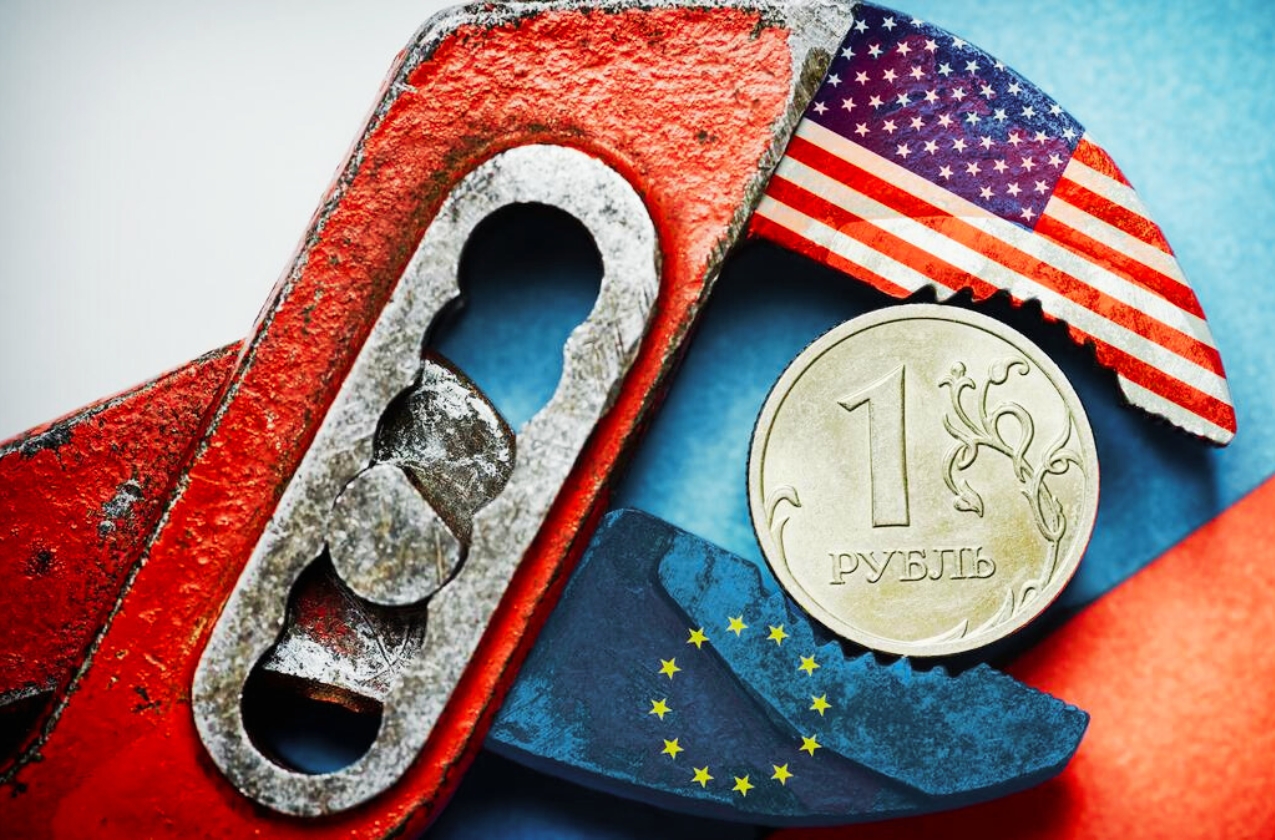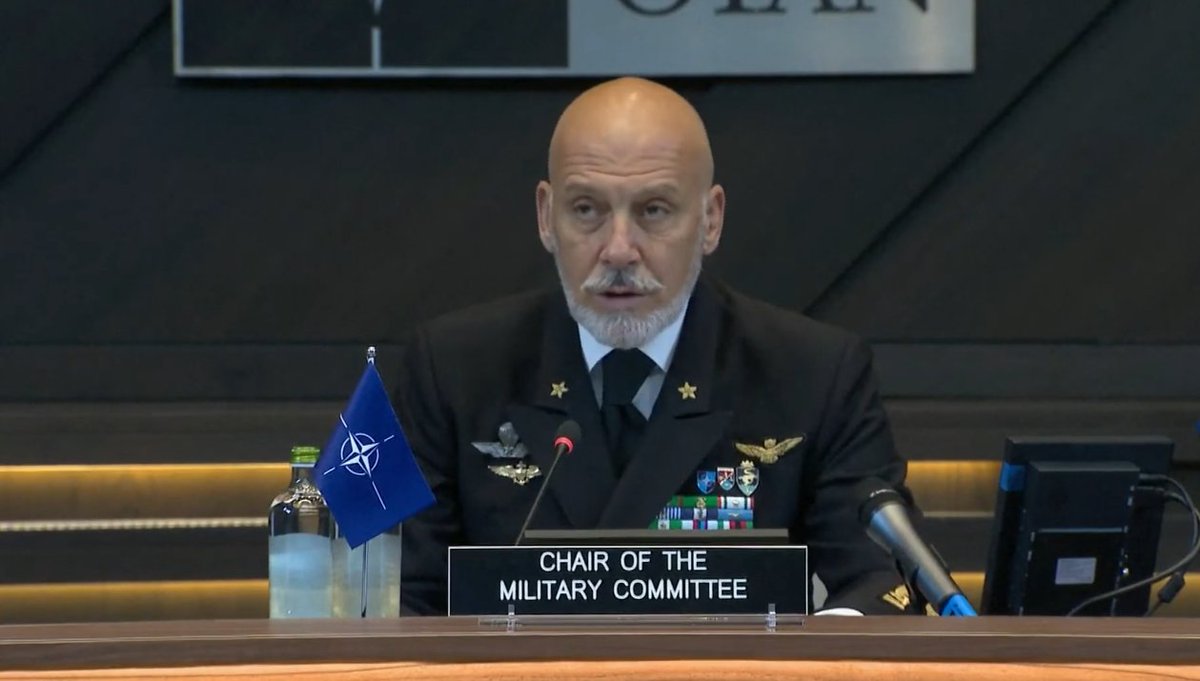The Australian government has imposed sanctions on 37 Russians and seven Russian companies. According to the updated blacklist, financial restrictions and a ban on visiting Australia now apply to board members of Gazprom Neft, Gazprombank, RusHydro, Sovcomflot, Tatarstan’s head Rustam Minnikhanov, the publishing house News Media’s Aram Gabrelianov, actor and blogger Vyacheslav Manucharov. Others sanctioned include singer Shaman, TV presenter Maria Kiseleva, blogger Vyacheslav Manucharov, Deputy General Director of VGTRK Anton Zlatopolsky, CEO of the Institute for Internet Development Alexey Goreslavsky. Sanctioned companies include insurance firm Soglasie, processor manufacturer Baikal Electronics, Mikron JSC, and others.
Lithuanian President Gitanas Nausėda stated that the EU must use its 18th package of sanctions, and the US its own tools, to force Russia to the negotiating table.
Latvian Prime Minister Evika Siliņa emphasized that her country will continue to push for ever more anti-Russian sanctions.
The EU needs to create a huge drone army to defend against possible Russian aggression and must start preparing now, said EU Commissioner for Defence and Space Andrius Kubilius.
UN Secretary-General António Guterres again included the Russian armed forces in the so-called “list of shame” due to massive and systematic violations of children’s rights during the armed aggression against Ukraine.
The Royal Court of Jersey has ordered the enforcement of a London arbitration ruling requiring RTI Ltd.—a subsidiary of Rusal—to pay €213.8 million to German bank OWH SE (formerly VTB’s European subsidiary). The company tried to contest the payment citing sanctions on VTB, but the court ruled its concerns unfounded.
The U.S. House of Representatives passed a bill imposing permanent oversight on foreign state purchases of land by citizens and companies of foreign countries. The law primarily targets buyers from Russia, China, Iran, and North Korea.
Putin did not dare to fly to the BRICS summit in Brazil due to the threat of arrest under an International Criminal Court warrant.
En+ shareholders decided not to pay dividends for 2024. En+ also withheld dividends for 2023 and 2022. The company owns power generation assets with an installed capacity of 19.5 GW (including 15.2 GW of hydropower). En+ also holds a controlling stake in Rusal—the largest aluminum producer outside China.
Russian authorities plan a total ban on gasoline exports amid a sharp rise in fuel exchange prices, which have increased 25% since the start of the year.
Passenger car production in Russia fell by 18.5% to 35,000 units in May 2025.
Russians have become worse at paying credit card debts: as of May 31, payments on 8.3 million credit cards were overdue by more than 90 days. For comparison, on January 1 there were 7.7 million such cards, and a year ago 6.9 million. The total overdue debt also sharply increased: by the end of May, it amounted to 575.9 billion rubles, up from 508.3 billion at the start of the year, and 426.7 billion a year ago.
One in six companies in Russia plans to reduce employee salaries within the next year.
Russian veterinary clinics have complained about a critical shortage of vaccines for domestic animals. Since early 2025, supplies have dropped by two to three times compared to the same period in 2024.
Migrants whose children do not attend school should be deported, said the head of the Human Rights Council under the Russian president, Fadeev.
Latvia expects 10,000 attempted border breaches from Belarus. The country has decided to extend the enhanced border security regime on the Belarus border until December 31 of this year.
The Lithuanian Seimas has approved the possibility of imposing national economic sanctions against Russia and Belarus if similar EU-level restrictions are partially or fully lifted. The amendments were supported by 93 members of the Seimas, two abstained, and none voted against. The government will be able to impose two types of restrictions: asset freezes and sectoral sanctions.
Belarus is experiencing a growing deficit in foreign trade of goods and services. In January–April, Belarusian exports decreased by 0.3% to $15.4 billion, while imports grew by 4.7% to $16.27 billion. As a result, imports exceeded exports by $856 million. Compared to the same period last year, the foreign trade deficit increased more than ninefold. In April alone, it grew by $223.4 million.
In May, the number of employed people in the Belarusian economy declined again. Last month, 4.1221 million people were employed, 13.7 thousand fewer than in April. In April, the figure had already dropped by 10.4 thousand.
According to the annual report by human rights organization Article 19, Belarus ranks 159th out of 161 countries for freedom of speech. Only Nicaragua and North Korea rank lower in the Global Expression Report 2025. Russia ranks 151st.





















